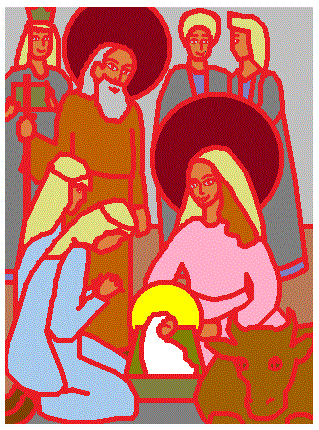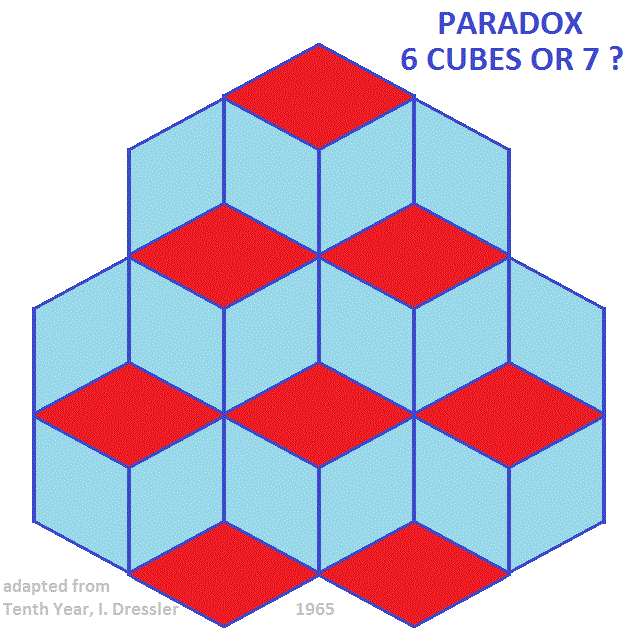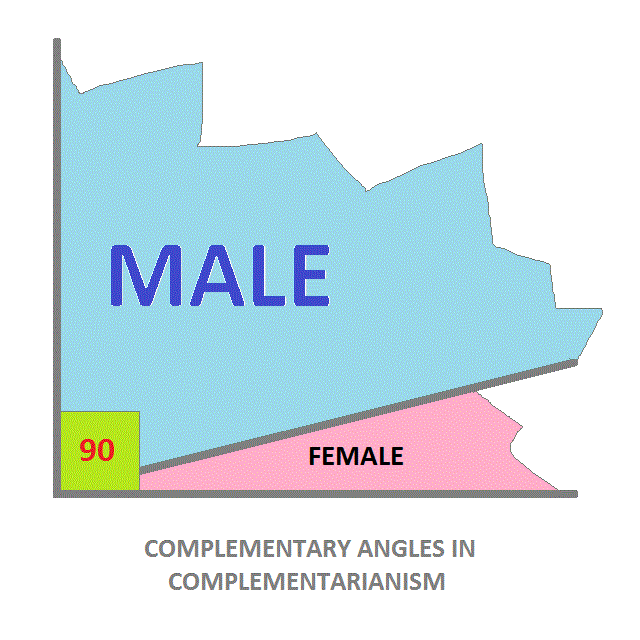Something I missed the first time through writing about the Vatican anti-women documents issued by Pope John Paul II, and perhaps something he missed also, or so it would seem.
Jesus enemies try to trick him and goad him into speaking out against Roman taxation (Matthew 22:15-22).
But Jesus is not fooled.
Aware of their malice, he says, “Why are you putting me to the test, you hypocrites?”
Jesus gave his enemies a riddle:
“Give therefore to the emperor the things that are the emperor’s, and to God the things that are God’s.”
Jesus did not give them the unguarded answer they sought. By not speaking freely, Jesus proved that what they said was false.
This is what they said:
“Teacher, we know that you are sincere, and teach the way of God in accordance with truth, and show deference to no one; for you do not regard people with partiality. Tell us, then, what you think. Is it lawful to pay taxes to the emperor, or not?”
Yes indeed, theirs is a hypocritical statement, flattery really. We cannot assume it is a sincere statement on their part. Rather, it is an attempt to entrap Jesus.
Millennia later, relying on their flattering and hypocritical words to sustain his argument against women priests, Pope John Paul II is wrong in both his “Mulieris Dignitatem” and “Ordinatio Sacerdotalis.”
The Pope’s argument against women priests is that:
- Jesus appointed 12 males to be apostles, not any women (um, not unless you include the apostle Junia, possibly one of the 70 appointed by Jesus, Romans 16:7).
- The apostles were like priests (um, in the New Testament, there is no indication apostles were like priests). No reason why a priest must be male because 12 apostles were male.
- And based on the words of the “hypocrites” in Matthew 22:16, Jesus felt “free” to defy social convention of letting males-only lead, but chose only males to be apostles anyway.
Proof from the mouths of Jesus’ hypocritical enemies?!! Proof from those who failed to entrap Jesus? Preposterous.
Did JPII intentionally make a very weak argument — ’12 apostles were male, etc.’ so that in the fullness of time, it could be toppled?
Or did he lazily think, “Well, no one will ever read this” – the Internet was still arriving – “It doesn’t matter what I say”?
Or did he deliberately give an argument that would be so silly as to be an insult to all women everywhere? Oh well, how can I doubt his intentions? He is a canonized saint.
“Hypocrite” can mean someone pretending to be more holy or righteous than he really is, or it can even mean deceiver · dissembler · impostor · phoney, from Greek hupokritēs ‘actor,’ per Google dictionary. Someone with a false appearance. Basically someone presenting a deception. A liar. . . .
Shouldn’t the Vatican come up with some argument better than – some hypocritical LIARS said this to trick Jesus, and we are making their LIES the foundation of our policies against women priests . . .
Some argument better than ‘these 12 non-priest apostles were all male, and so all priests must be male.’
Jesus would have felt free to pick 12 women instead?? At least the hypocrites thought Jesus was free to speak and act as he wished, disregarding convention. Or the hypocrites said so hypocritically.
Pope JP2 writes, “The assumption that [Jesus] called men to be apostles in order to conform with the widespread mentality of his times, does not at all correspond to Christ’s way of acting. ‘Teacher, we know that you are true, and teach the way of God truthfully, and care for no man; for you do not regard the position of men’” (Mt 22:16 using Vatican male-speak). These words fully characterize Jesus of Nazareth’s behaviour.”
How on Earth can these words fully characterize Jesus’ behavior, if spoken by HYPOCRITES !!!
I have been discussing the “APOSTOLIC LETTER MULIERIS DIGNITATEM OF THE SUPREME PONTIFF JOHN PAUL II ON THE DIGNITY AND VOCATION OF WOMEN ON THE OCCASION OF THE MARIAN YEAR” at the Vatican website at: http://www.vatican.va/holy_father/john_paul_ii/apost_letters/1988/documents/hf_jp-ii_apl_19880815_mulieris-dignitatem_en.html
There is the same faulty logic in the “APOSTOLIC LETTER ORDINATIO SACERDOTALIS OF JOHN PAUL II TO THE BISHOPS OF THE CATHOLIC CHURCH ON RESERVING PRIESTLY ORDINATION TO MEN ALONE” at the Vatican website at: http://www.vatican.va/holy_father/john_paul_ii/apost_letters/1994/documents/hf_jp-ii_apl_19940522_ordinatio-sacerdotalis_en.html
Out of respect for all women, please at least offer a reasonable argument why women have the “capacity” to be priests, but the Vatican supposedly does not have any authority to ordain women. After saying the door is shut, Pope Francis said that women have the capacity to be priests (September 28, 2015 NCR article).
The Vatican does not have any authority to ordain anyone if you read the Bible.
While making up a religion, wouldn’t it be more Christian to make the religion more Christ-like? Reflecting the inclusiveness of Jesus and the inclusiveness of the apostle Paul (not one of the 12 by the way). Make it reflect the inclusiveness of the women who founded the original Church.
Let’s remember how the Church was founded by women of the New Testament:
♀the apostle Junia,
♀Phoebe the deacon,
♀Chloe with her following,
♀Prisca with the church that met at her house,
♀Lydia and her house church,
♀Mary of Magdala, apostle to the apostles
These women founders did not keep males out of the Church, nor make them grovel.
Please notice that it is not just women who are discriminated against by the Vatican; it is also all homosexual males and all heterosexual males. Only asexual males are allowed to be members of the Vaticanite “brotherhood.”
Equal rites
NRSVCE
Posted 9/20/2018













